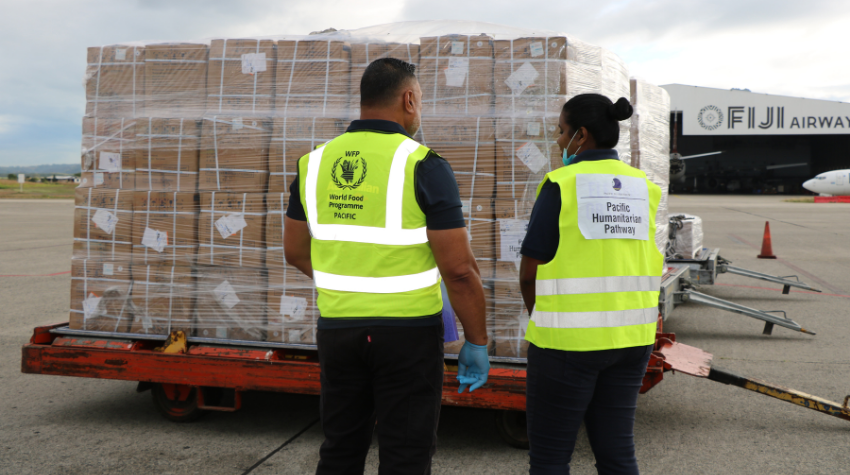The Localisation Agenda, formalised at the first World Humanitarian Summit in 2016, insists that the humanitarian sector reinforces – not replaces – national and local systems and local capacities. This process aims to undo the dominance of non-local expertise in humanitarian response.
With overseas specialists unable to reach crisis areas due to the travel restrictions imposed because of the global pandemic, progress towards localisation has accelerated. RedR Australia CEO Kirsten Sayers wrote in December 2020 that the ongoing pandemic, and emerging climate-driven humanitarian crises underlined the need to enable countries to "respond locally with a reduced need for international assistance".
Published in 2020, our Localisation Strategy and Action Plan reflects RedR Australia’s commitment to increased localisation and that of our partners. In a challenging year, RedR Australia remains committed to supporting our regional and local partners to respond independently and effectively when crisis strikes at home.
Click here to read the RedR Australia Localisation Strategy and Action Plan.


